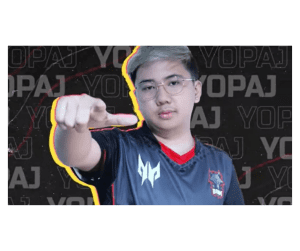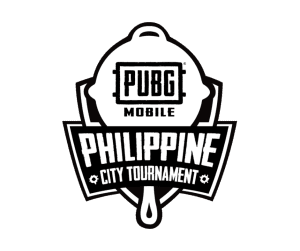As the highly anticipated sequel to Counter-Strike: Global Offensive, Counter-Strike 2 (CS2) is set to elevate the competitive first-person-shooter genre. However, amid the excitement and enthusiasm, a major concern looms over CS2 – hackers. This blog post delves into the impact of hackers on CS2 and explores potential solutions to maintain the balance of competitive gaming.
The Hacker Epidemic:
A prevalent issue in online multiplayer games is the presence of hackers, and CS2 is no exception. The competitive balance of players’ gameplay in the game has been compromised by the frequent and blatant use of hacks or cheats by hackers.
Aimbots and Wallhacks:
Aimbots and Wallhacks are among the most popular hacks in first-person-shooter games, including CS2. Wallhacks provide an unfair advantage by allowing players to see through walls, while aimbots assist hackers in aiming and shooting accurately without effort.
Triggerbots and Skin Changers:
These cheats enhance players’ style and reaction speed by manipulating weapon skins and enabling automatic shots, impacting the competitive balance.
Boosting and Smurfing:
Players creating duplicate accounts to appear weaker than their high-ranking accounts engage in boosting and smurfing, unfairly advancing in ranks and disrupting fair competition.
Impact on Competitive Gaming:
The prevalence of hackers has a significant impact on competitive matches, disrupting the balance and tarnishing the game’s image. This, in turn, leads to a decrease in the player base.
Addressing the Issue:
To combat hacker issues in CS2, the game introduces Premier/Prime holders to preserve competitive integrity. Players can engage in Premier mode to separate themselves from cheaters in match-making.
Strong Anti-Cheat Systems:
Investing in robust anti-cheat systems that continually monitor and detect suspicious behavior is crucial. Regular updates and security enhancements are essential to keep cheaters away.
Reporting Mechanisms:
Implementing an effective in-game reporting system empowers users to report potential cheaters. Developers should promptly address these reports and ban verified cheaters permanently.
Competitive Integrity Education:
Raising awareness about the value of competitive integrity discourages cheating and promotes fair play. Educating the gaming community is essential for fostering a sense of responsibility.
Legal Consequences:
Strict legal measures against game cheating and hacking can serve as a deterrent. Cheating in online games may lead to legal consequences in some jurisdictions.
Community Vigilance:
Community involvement is vital in the defense against cheaters. Players should report cheaters and support competitive tournaments that prioritize fair play.
Conclusion:
The issue of CS2 hackers has the potential to undermine both player and spectator enjoyment in competitive gaming. To effectively eliminate cheaters, the gaming community must unite. CS2 can become known for a fair and balanced competitive environment by implementing robust anti-cheat systems, educating players about competitive integrity, and fostering a sense of responsibility within the gaming industry.



